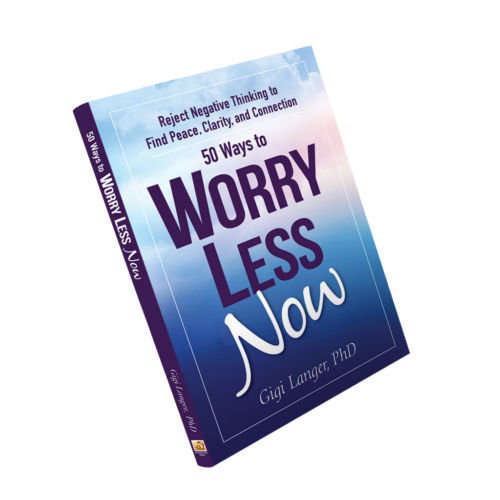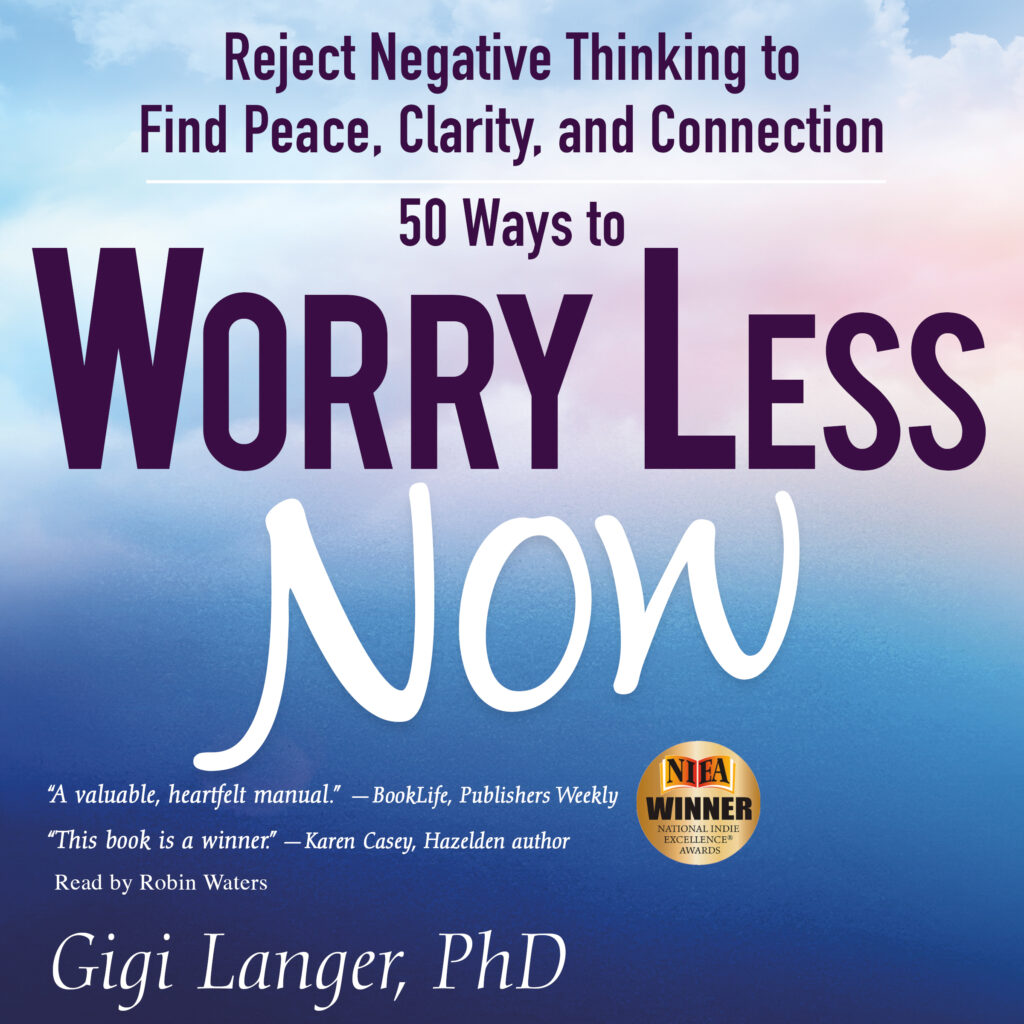Relationships Require Care. Follow these tips to find harmony and happiness.
Balance. Don’t make the other person the most important thing in your life. Have a variety of interests, friends, & passions.
Support. Talk through your concerns & problems with healthy friends or a counselor before sharing it with your loved one. Don’t make him/her your counselor.
Listen. When your loved one shares, don’t interrupt. When they finish, summarize what you heard. Don’t give your own story or suggestions. Instead, help them explore the issue with clarifying questions (“You mentioned _, tell me more about that.”). Ask permission to offer solutions.
Self-Awareness. Be honest about the motivations behind your words and actions. Where are you being controlling or self-centered?
Kindness. Focus on your loved one’s strengths and demonstrate care through your words and actions.
Forgiveness. Wait at least 2 days before discussing a conflict. During the talk (not through text or email), acknowledge your part in the disagreement and listen to their side of the story.
Don’t use substances as a way of avoiding feelings. If you’re drinking or using a lot, your relationships will often fail. Try no more than 2 normal-sized drinks a day; if you can’t stick with that, get help.
Meditation. If you’re moody or prone to anxiety, try the free app, “Insight Timer”. It guides you thru meditations for any situation or emotion.
** Relationships can be difficult; the healthier you are, the better are your relationships. **

Gigi Langer, PhD. Many years ago, I used alcohol, romance, and professional accomplishments to soothe my frayed nerves. When I quit drinking, I was left with only my fears and worries. Over time, I discovered effective tools from therapy, recovery programs, scientific research, and a variety of philosophical and spiritual teachings.

My award-winning book, 50 Ways to Worry Less Now, describes how I and others have defeated the faulty thinking leading to dysfunctional relationships, perfectionism, addiction, and worry about loved ones. Gain practical strategies with directions, personal stories, and other helpful suggestions. Amazon: 4.8 stars (50 reviews) (Buy Paperback, e-book, OR audiobook HERE)
REVIEW by Karen Casey, best-selling author of Each Day a New Beginning (Hazelden) “Even though I have been in recovery for more than 4 decades, and didn’t think another self-help book would make it to my treasured list, I was wrong. This book is a winner.”




